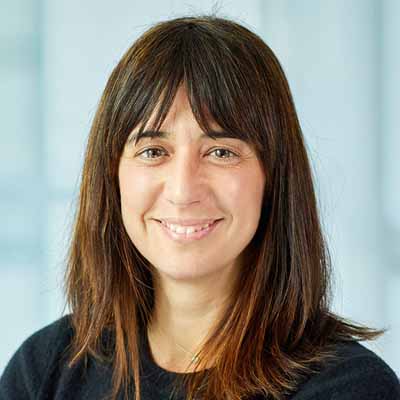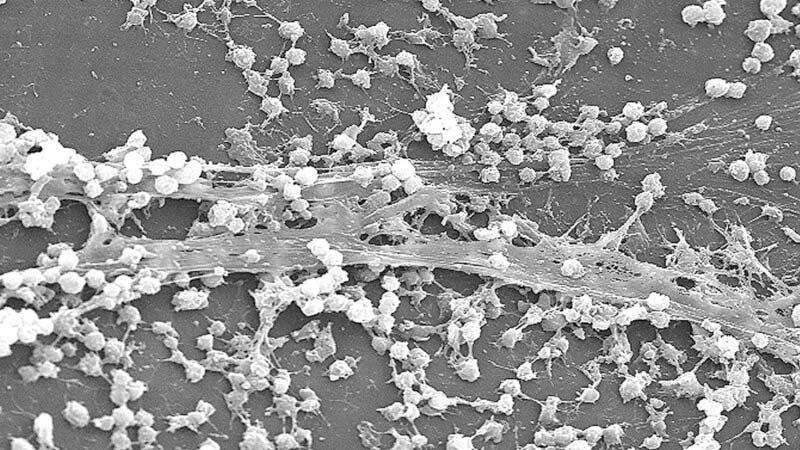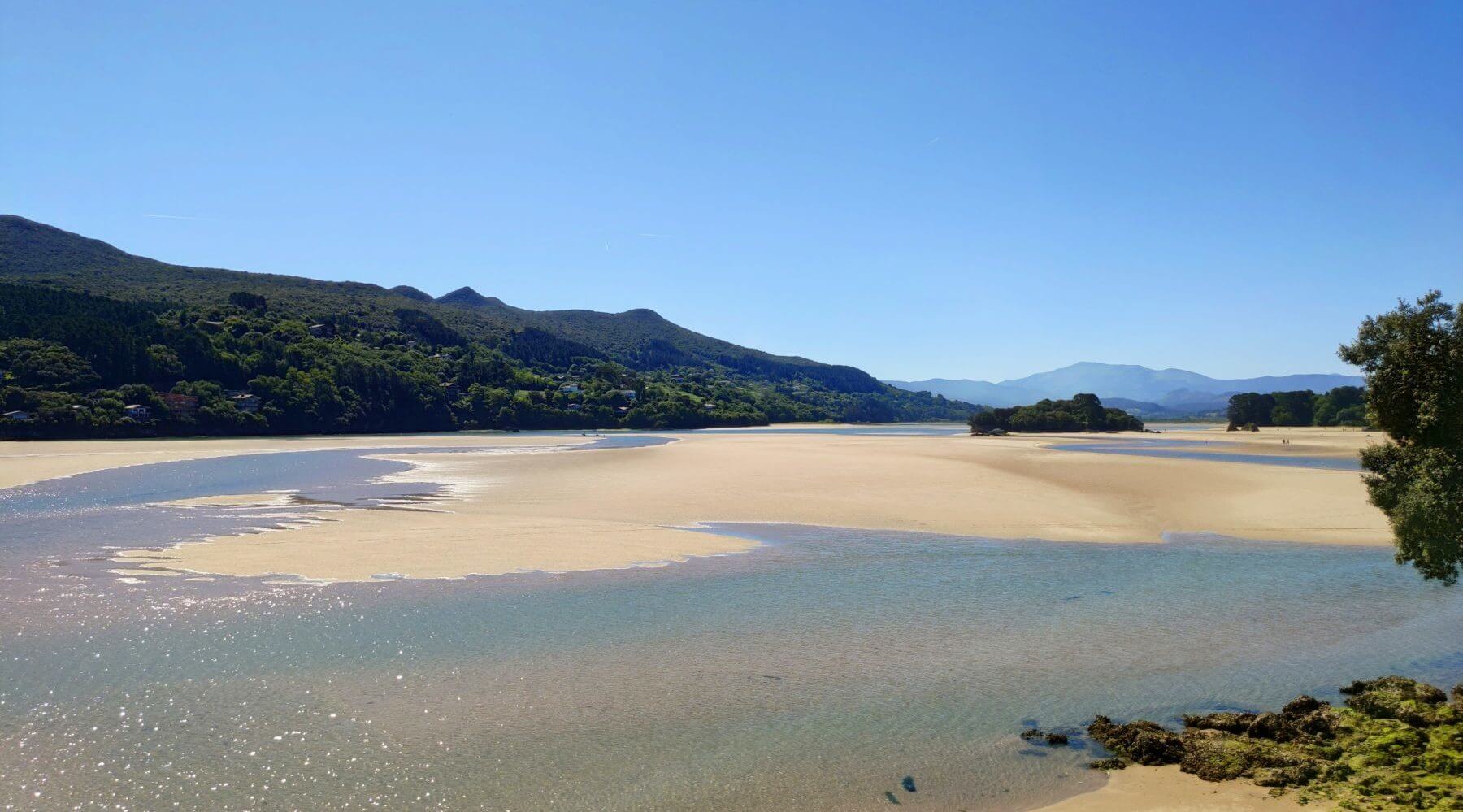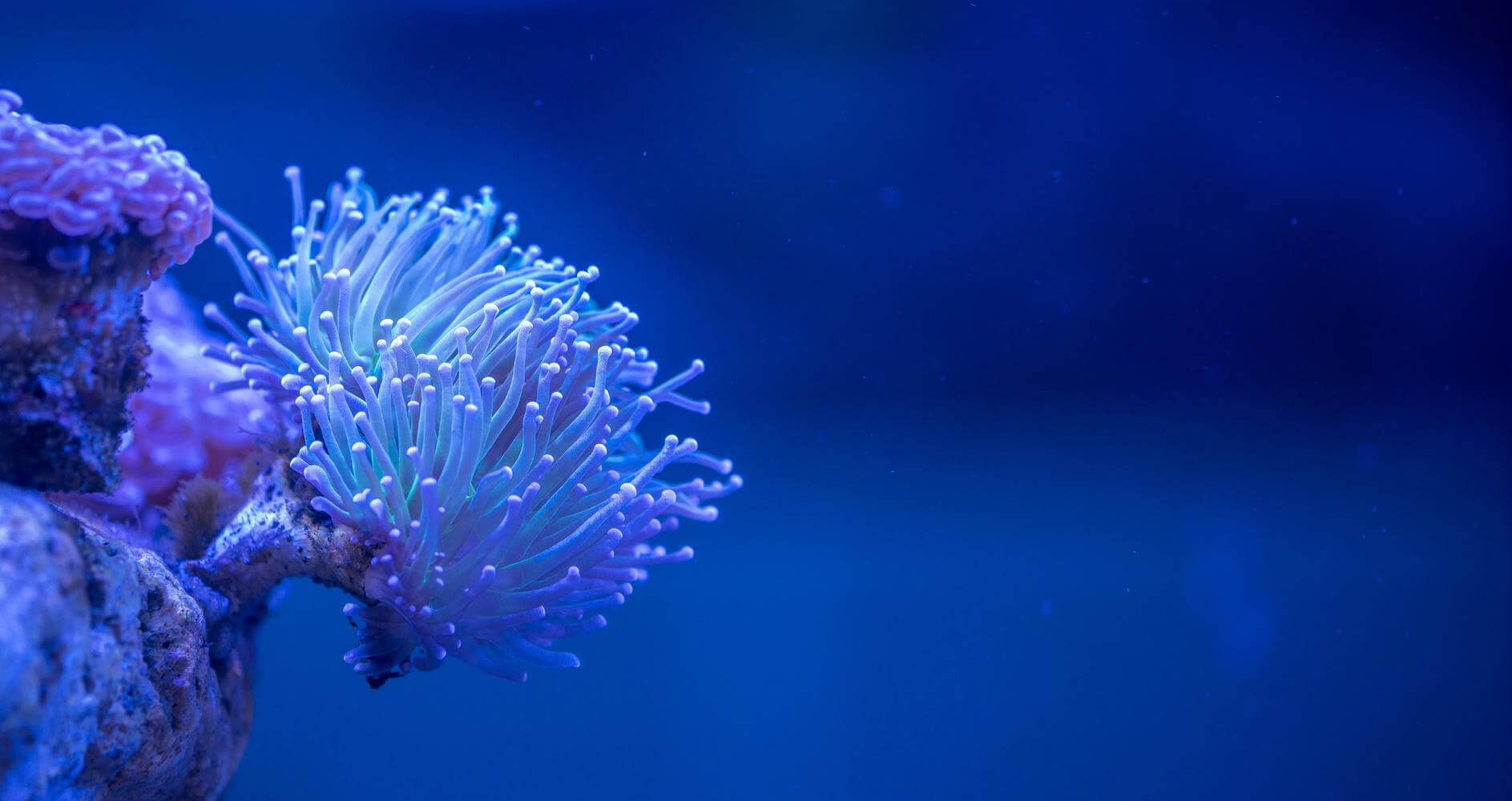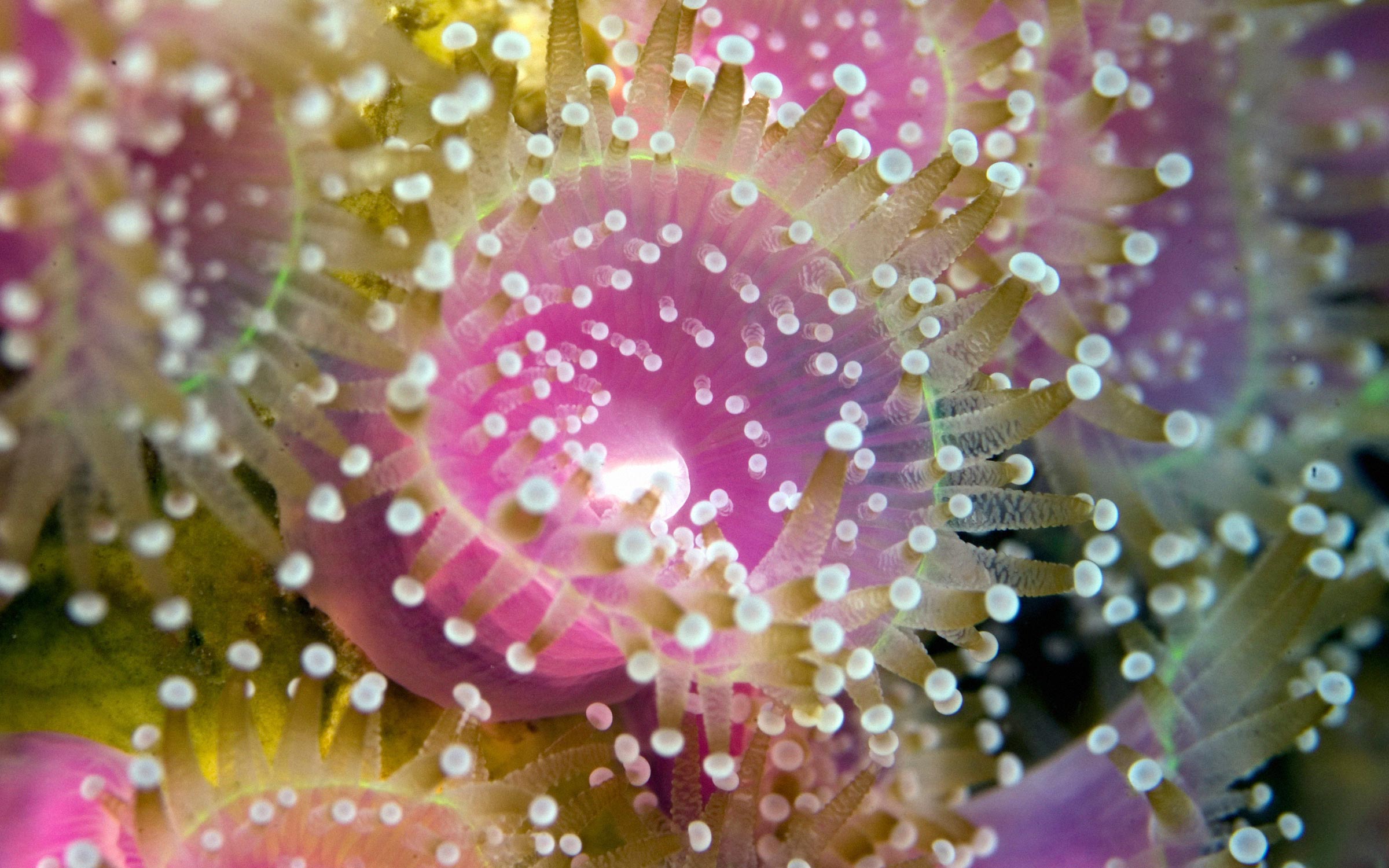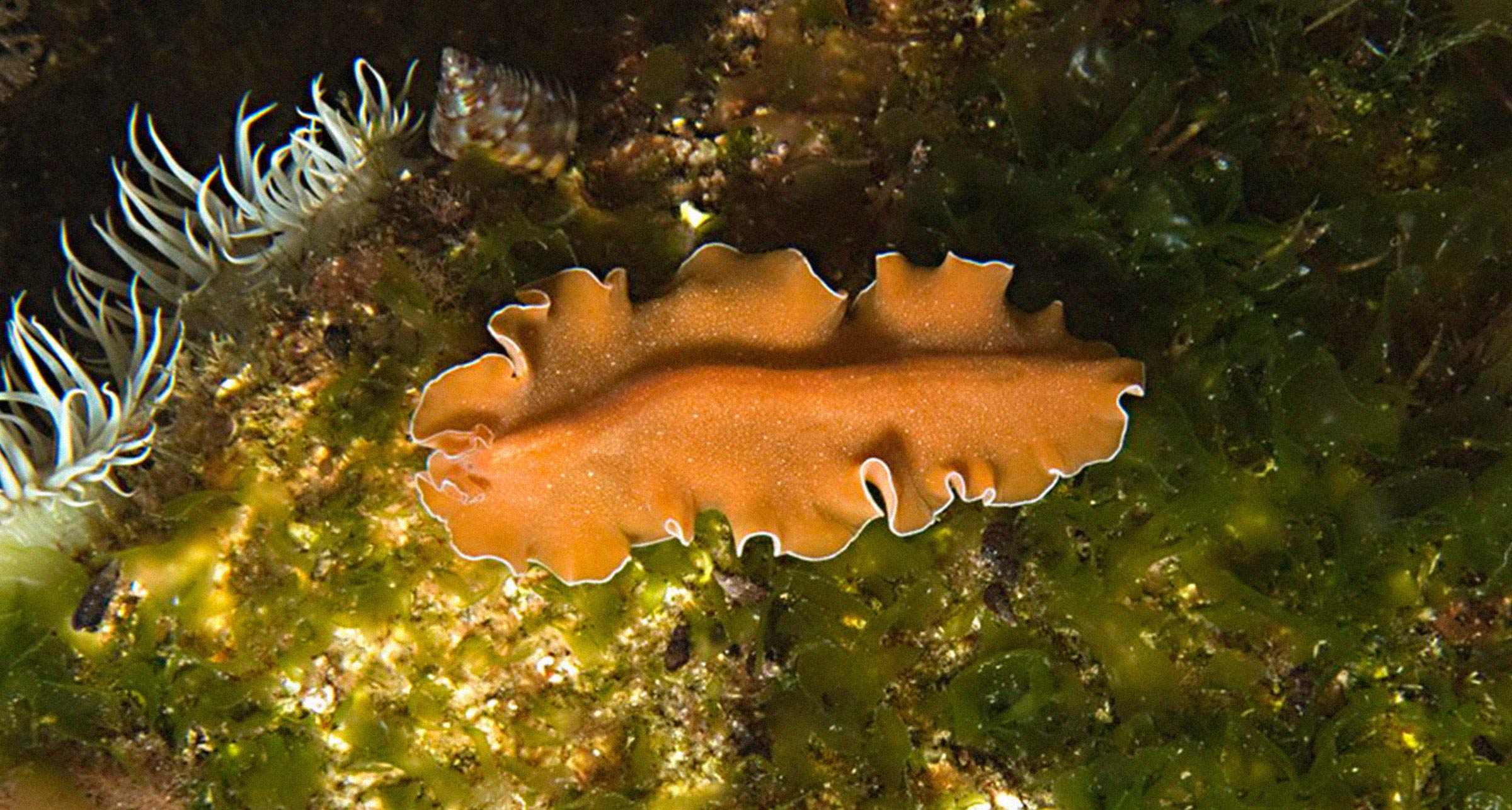MOSAIC / EMOTION
Marine Polysaccharide Hydrolysing Enzymes: Biotechnological Applications
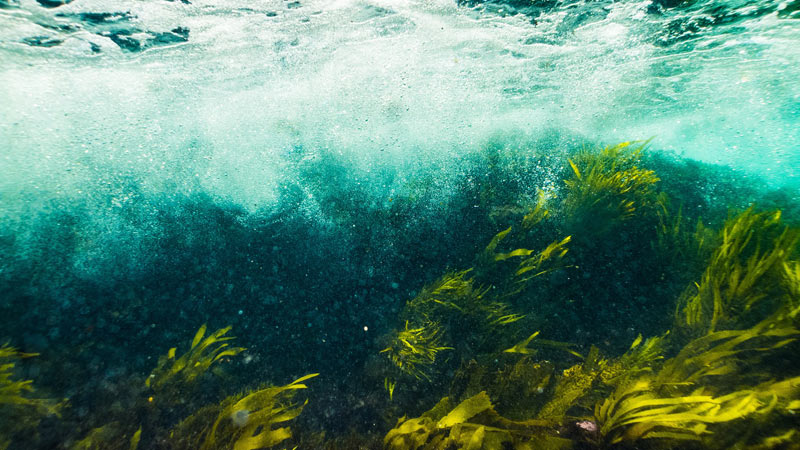
Key results
The results obtained include the isolation of new marine strains with a high capacity for processing bioactive polysaccharides, the crystallisation, structural analysis and determination of the activity of various polysaccharide processing enzymes and the establishment of a fungal system for the co-expression of multiple marine polysaccharide degrading activities.
Context
Glycans are involved in key biological processes such as cell recognition, pathogenicity and immune response through the glycosylation of proteins, lipids and other molecules. These glycosylation processes can be modulated by the action of glycosyl hydrolases and other enzymes such as sulphatases, which are characteristically highly specific and, consequently, highly diverse.
Glycosyl hydrolases are powerful molecular tools that are enabling the development of fields such as glycomics, antibody bioengineering and high-throughput screening of catalytic activities of scientific, biomedical or industrial interest. In addition, a wide range of bioactivities have been reported in oligosaccharides generated from the hydrolysis of marine glycans, including immunomodulatory, anti-tumour and anti-viral properties
Objectives
The main objective of MOSAIC is to carry out a bioprospecting aimed at the identification and characterisation of:
- New marine microorganisms (fungi and bacteria) with high polysaccharide hydrolysis capacity.
- New families of marine enzymes (glycosyl hydrolases and sulphatases) with a high potential value for the biomedical and biotechnological industry.
- New active ingredients for the pharmaceutical industry generated from the processing of marine glycans.
Currently, the targeted applications of these enzymes fall into four key areas:
- Health/Biomedicine (drug and biomarker design for disease detection and personalised medicine) 2.
Biotechnology (e.g. glycan analysis reagents and kits, production of glycoconjugates “on demand”). - Energy (e.g. biocatalysts for biomass degradation and biofuels production)
- Materials (e.g. functionalisation of sustainably sourced polymers, generation of precursors for industry).
Specifically, in MOSAIC, marine bioprospecting is focusing on micro-organisms and enzymatic activities targeting the fields of Biomedicine and Biotechnology.
| Partners |
IIS Biobizkaia, UPV/EHU, AZTI, GAIKER |
| Funding |
EUSKO JAURLARITZA – GOBIERNO VASCO, Ekonomiaren Garapena, Jasangarritasuna eta Ingurumena saila- Dpto. Desarrollo Económico, Sostenibilidad y Medio Ambiente |
| Duration |
2021-2023 |
